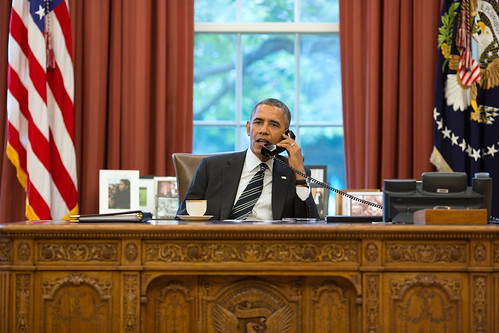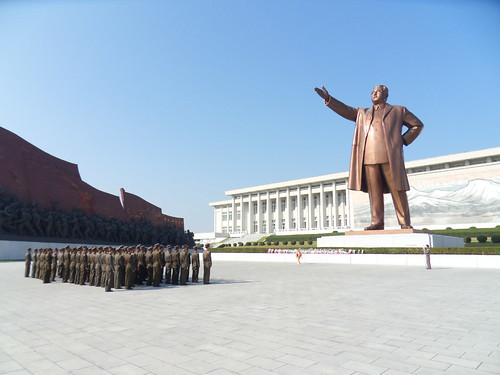
Iran has a new president, Hassan Rouhani. He speaks eloquently about wanting a rapprochement with the West and of a desire to refrain from developing a nuclear weapons programme. The Obama administration has responded by opening the first serious high level diplomatic engagement with Iran since 1979. The two leaders have even spoken by phone. But, the odds are that this is a waste of time despite Rohani’s insistence that the environment for negotiations is ‘quite different‘ from that of the past.
Any official representative of the Iranian regime cannot be trusted. The regime has frequently used brinkmanship tactics over the nuclear issue for its own benefit. This takes the familiar form of Iran coming to the table when it feels the squeeze of negative attention and/or sanctions. After a period of ‘diplomacy’ Iran then retreats from the talks and goes back to the business of being a pariah state. Meanwhile, an unbroken pursuit of attaining mastery over the nuclear cycle goes on. The goal always has been for Iran to have a nuclear option due to its precarious regional situation in which it is under threat from all directions, including internal. This pattern has repeated itself so often in the last decade that there is no reason to believe Rouhani this time.




